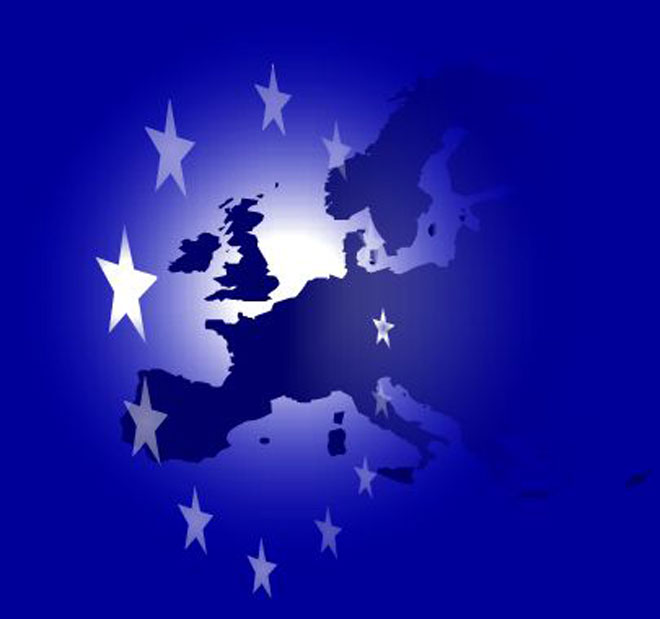Azerbaijan, Baku, May 22 / Trend E. Ostapenko /
The European Parliament adopted a resolution on South Caucasus, calling on Armenia to withdraw its troops from the territory of Azerbaijan. It is a signal for Armenia. However, it does not worth waiting for the immediate implementation of the provisions of the resolution, because it is only a recommendation, experts said.
"Azerbaijan faces a real up-hill struggle in pushing their position on Karabakh because the Armenian Diaspora has done such an incredible job of convincing the world that somehow Azerbaijan is the "guilty" party.
This Resolution is a positive step and helps to start to "change the balance", analyst at the European policy center in Brussels, Amanda Paul, told Trend.
The European Parliament adopted a resolution on the South Caucasus, which called the EU to become more involved in stabilizing the region.
The presence of "frozen conflicts" in the region is unacceptable, MEPs say, who express concern at the recent increases in military spending and call for the withdrawal of Armenian forces from all occupied territories of Azerbaijan.
The resolution reflects the position of a very influential European political structure, Azerbaijani well-known political analyst Rasim Musabayov said.
"Persistence of Armenians, the reluctance to adopt updated Madrid principles and begin to withdraw its occupying forces from Azerbaijani territory cause European Parliamentarians' rejection," Musabayov told Trend.
He said that the resolution of the European Parliament said that Europe was not going to shut eyes to the ambitions of Armenia, which tries to justify its need for financial assistance, arguing that it is in a blockade. At the same time it spends money on weapons and keeps its armed forces on the territory of another state.
The conflict has been lasting since 1988 due to Armenian territorial claims against Azerbaijan. As a result, Nagorno-Karabakh and seven adjacent districts - 20 percent of Azerbaijan's territory are under occupation by Armenian armed forces.
Recognition of the importance of the political signal from the European Union does not mean the immediate implementation of the recommendations and immediate changes in the course of negotiations conducted under the auspices of the OSCE Minsk Group since May 1994, when the conflicting sides reached a cease-fire regime.
"Resolutions of the European Parliament have no binding force of executing by the EU institutions - the Council of Europe, or the European Commission. Moreover, the negotiating process fully depends on the readiness of Azerbaijan and Armenia to reach an agreement," European expert Michael Emerson told Trend.
He said there is some pressure from the Minsk Group to reach interim agreement for return of the occupied territories around Nagorno-Karabakh to Azerbaijan, ensure transport through the Lachin corridor, as well as further addressing of the status of Nagorno-Karabakh.
"However, there is no sign that Azerbaijan and Armenia can agree to that," Emerson, heading the European Neighbourhood Programme in the Centre for European Policy Studies in Brussels, said.
It is unreal to hope that the adoption of this resolution will automatically resolve the conflict because the European Parliament's resolutions are not more significant than the resolutions adopted by the UN Security Council and ignored by the Armenian side for the last 17 years.
The UN Security Council adopted four resolutions on the liberation of Nagorno-Karabakh region and other occupied territories of Azerbaijan in 1990s, but so far it remains only on paper.
This resolution is unlikely to change the direction of the OSCE Minsk Group negotiations unless the big players - U.S and Russia start to pump up the pressure, European analyst Amanda Paul said.
"Unfortunately Resolutions wherever they originate from have a tendency to remain on paper only. Let's say Armenia is not going to withdraw its forces from the Azerbaijani regions it continues to occupy simply because a European Parliament Resolution says it should," she said.
Also important is whether the recommendations filter through sufficient to the leadership and foreign ministries of the Member States because without increased political will it will be difficult to bring about change in EU policy which has so far been quite weak, she said.
V. Zhavoronkova contributed to the article.






